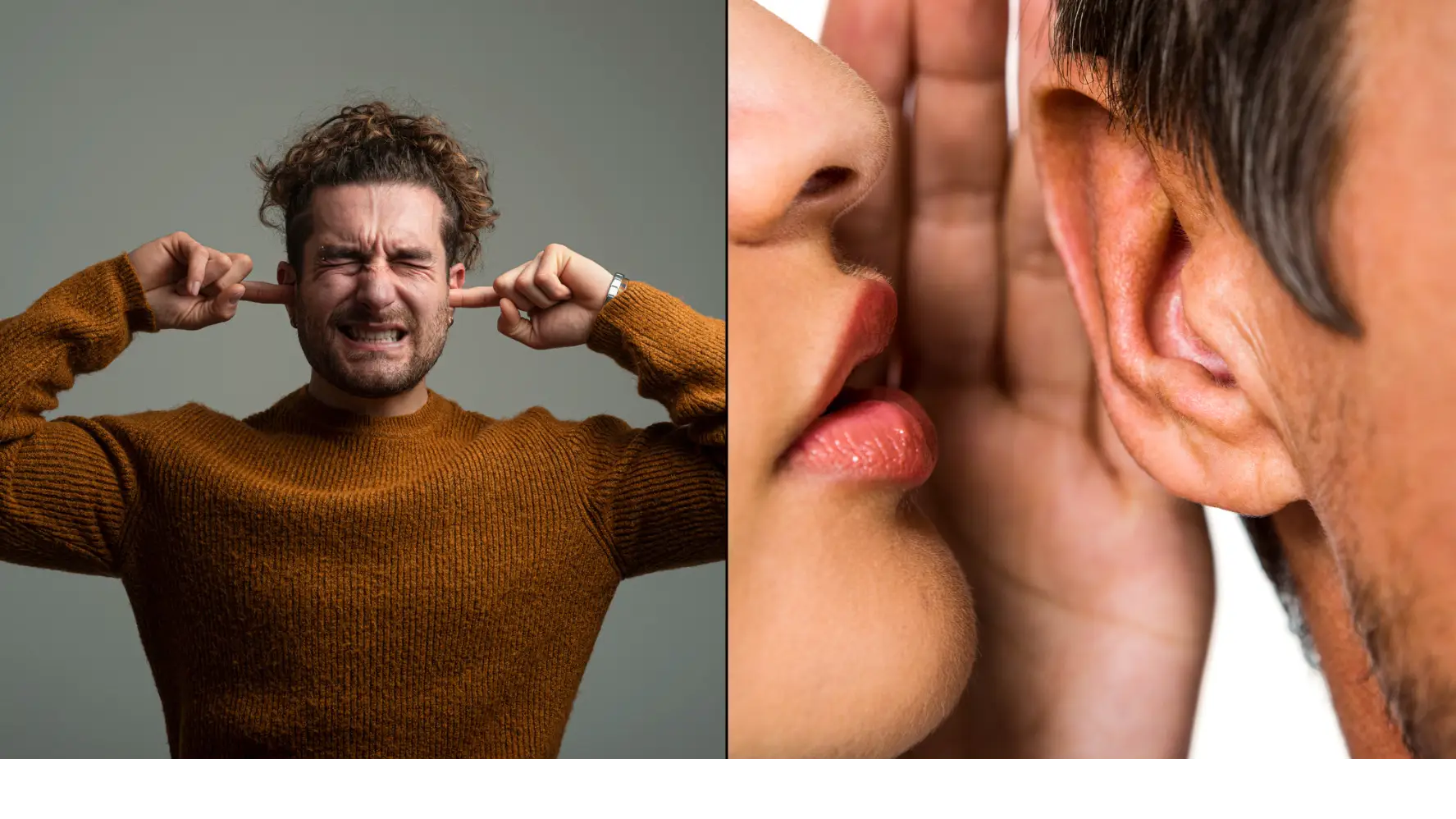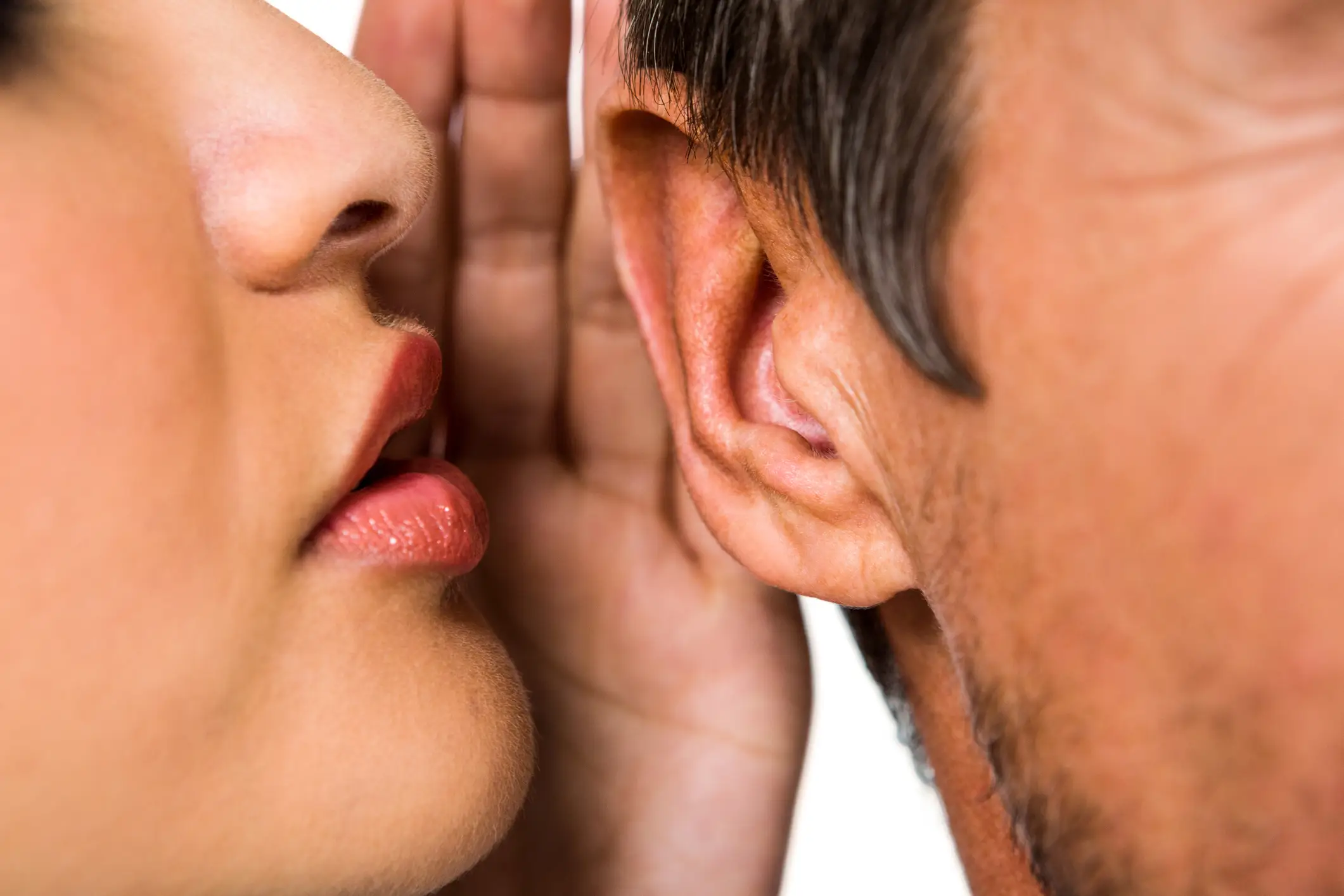
There may have been a time in recent memory where you got annoyed at a significant other for chewing too loud, or at your sibling who's breathing weirdly and just downright getting on your nerves.
You might be asking yourself why this might be, whether it's their problem or your own.
Almost one in five adults in the world have misophonia, which is described as the 'phobia of specific sounds'.
Advert
Also known as 'sound rage', the condition causes you to have a negative response to certain sounds which could be anything from chewing and swallowing, to sniffing and slurping.
Being so much more than just general annoyance, misophonia can create a fight-or-flight response that triggers the need to escape from the situation, as well as a feeling of anger.
It is a real disorder that can negatively affect a person's ability to function in social settings.
Dr. Jane Gregory, a clinical psychologist at the University of Oxford, describes it as a 'decreased tolerance to certain sounds', also co-authoring an upcoming scientific paper from King's College London that reveals that 18% of adults in the UK suffer from it.

Dr. Gregory claims that sound triggers are usually repetitive and it is not 'the volume of the sound or necessarily the acoustic pattern'.
It is actually what the sound represents to the individual, with eating sounds the most common reported 'annoying' sound, followed closely by 'throat sounds'.
According to King College's paper, only 14% of the UK's population are aware of misophonia, but Dr. Gregory claims that it is because it is such a hard subject to bring up with loved ones.
"You are essentially telling someone ‘The sound of you eating and breathing – the sounds of you keeping yourself alive – are repulsing me'. It's really hard to find a polite way to say that."
This is why misophonia could eventually lead to the breakdown of a relationship.
There are theories around how misophonia develops over time, as Dr. Gregory continues: “A lot of people say they had always been a little bit sensitive to sound, but then they remember a certain time when it suddenly got a lot worse.”

Dr. Zach Rosenthal, who runs the Centre for Misophonia and Emotion Regulation at Duke university in Durham, North Carolina, says it develops in late childhood and early teens, explaining: "People ask me all the time: ‘Why my family? Why my parents?'"
“You’re not blaming, you’re not judging – you were probably just around them the most.”
It is something that should be taken seriously, as Dr. Gregory has said she even knows of relationships that have ended due to misophonia, and of people who have moved house several times to get away from neighbours who trigger them.
She suggests that sometimes some background noise can help, or going away to take some deep breaths to get your mind off the noise, or sometimes even sticking it out and remembering why you may like/love this person, and putting up with it through this method of cognitive behavioural therapy.